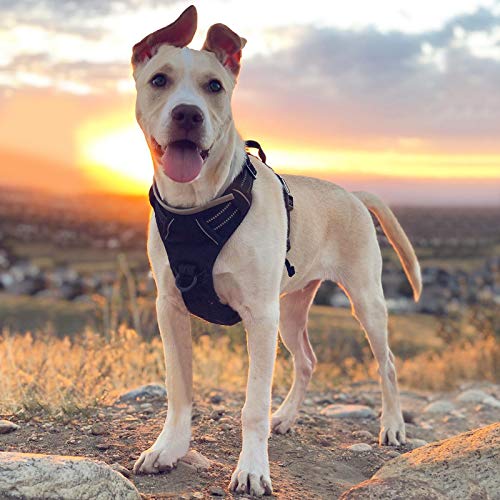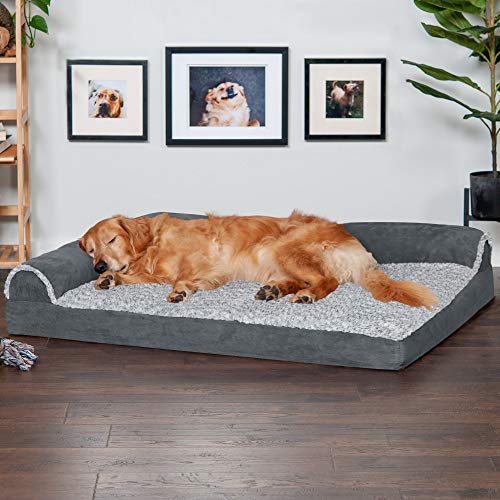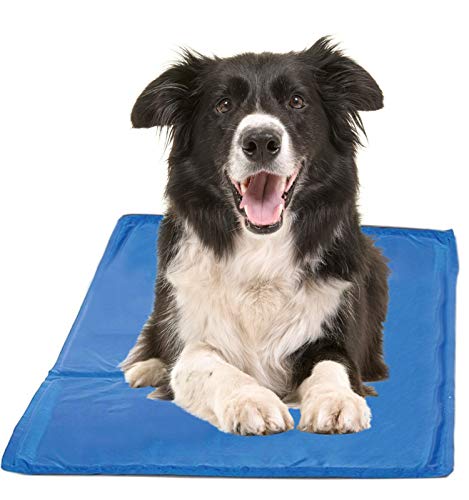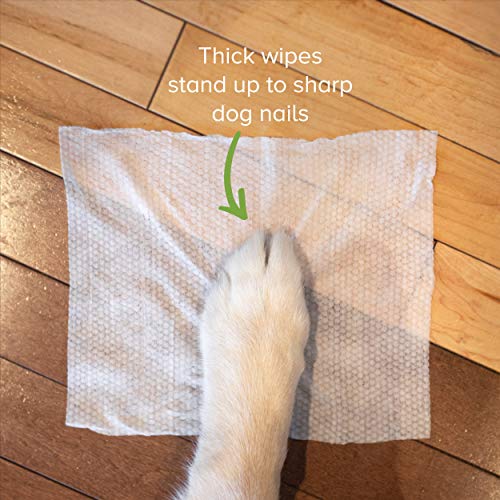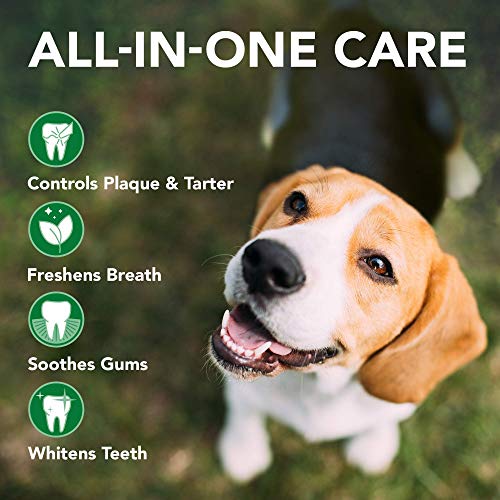- This post contains affiliate links. Read more here.
- Not a substitute for professional veterinary help.
The snorts and snores of flat-faced dogs are heart-meltingly cute—but they can also be a sign that your dog might be having some problems breathing. Because of the structure of their skulls, brachycephalic breeds are more prone to breathing problems than others.
It’s a good idea to read up and work with your vet to figure out what kind of care your particular flat-faced pup needs. Know the signs of respiratory distress to watch for and make sure you have some good tools for keeping your brachycephalic buddy comfy.
What are brachycephalic dogs?
Also known as “flat-faced” dogs, brachycephalic (“short-headed”) dogs are short-muzzled pups with flattened faces. These dogs have a genetic mutation that alters the bones of the skull, making it wide and short. This bone structure can make it hard for air to move freely through breathing passages, which results in difficulty breathing. This kind of mutation can occur in a wide range of breeds and is not always as exaggerated in some dogs as it is in others.
Brachycephalic obstructive airway syndrome (BOAS) is a common disorder that occurs because of the shortened noses and skulls of these dogs. It includes an elongated and thickened soft palate; stenotic nares, which means narrow or pinched nostrils; and everted laryngeal saccules/laryngeal collapse—both disorders in which tissue within the airway is pulled into the trachea (windpipe) and obstructs airflow, making it hard to fill the lungs with air.
What breeds of dogs are more prone to breathing problems?
Many brachycephalic breeds are quite popular, simply because they’re also cute as heck. Among the most common are French Bulldogs, Bulldogs, Boxers, Cavalier King Charles Spaniels, Shih Tzus, Boston Terriers, Mastiffs, and Pugs.
Less common are the Affenpinscher, Brussels Griffon, Dogue de Bordeaux, Japanese Chin, Lhasa Apso, Fila Brasileiro, and Pekingese. To give you an idea how pervasive breathing problems can be in brachycephalic dogs, they occur in 50% of Pugs and French Bulldogs and 45% of Bulldogs.
Brachycephalic breeds are also at increased risk for a few additional health issues. These include dental issues, eye problems, and skin conditions.
What are the signs of breathing trouble in brachycephalic dogs?
Noisy breathing, exercise intolerance, overheating, regurgitation, and vomiting are sure signs that a dog might have some breathing issues. Snores and snorts are also suspect when they happen regularly rather than every so often.
The symptoms of brachycephalic airway syndrome can include the following:
Noisy breathing
Excessive snoring
Open mouth breathing
Gagging and/or choking
Exercise intolerance
Cyanosis (blue tongue)
These symptoms are exacerbated by hot and humid weather. Obesity is also a contributing factor, so it’s important to create an exercise regimen that keeps a dog in shape without putting too much stress on their respiratory system.
The good news is there are a lot of products on the market designed to help brachycephalic dogs and pups with breathing problems stay as happy, healthy, and comfortable as possible.
5 Top Items for Dogs With Breathing Problems
Because breathing can already be difficult for brachycephalic dogs, you most definitely do not want a constricting collar. A sturdy harness redirects pressure from the head and neck to the chest. This is a great option that comes in a variety of sizes (small to extra large) and colors. Because it is important to keep brachycephalic dogs in shape, this is great for walks, play dates, and trips to the dog park. Another bonus of this harness is that it comes equipped with reflective strips, making it safer to walk your pup when the sun goes down.
Just like for humans, nothing beats a good night’s sleep for better health. An orthopedic dog bed helps relieve pressure on different spots of the body, so it can also provide better support to help with breathing problems. These beds come in a huge variety of sizes, colors, and configurations, making it easier to find the one that best fits your brachycephalic dog’s sleeping style.
Because warm weather or overheating can be problematic for dogs with breathing problems, a cooling mat can provide welcome relief. These gel mats come in different sizes and are activated by touch—no refrigeration needed! This type of cooling mat is also easy to roll up and take with you so you can keep your dog cool whether you are on the road, at the park, or just hanging out on a hot day.
Because many dogs who suffer from breathing problems also have skin issues, having some hypoallergenic pet wipes on hand can help calm hot spots and irritated areas. These are also great for getting into skin folds where grime can accumulate. Bonus? They’re compostable and plant-based, so they’re good for your pooch and good for the planet!
Every dog, whether they’re prone to breathing problems or not, will benefit from a good at-home dental health routine. Because brachycephalic dogs tend to have dental issues thanks to those funky skulls, regular brushing can help them from developing tooth and gum issues. This doggy toothpaste tastes good, so many dogs won’t mind the recommended three-times-per-week brushing. Make it fun! Even tooth brushing can be a bonding experience. If your dog absolutely won’t tolerate a little cleaning, dental treats are another option.
If your beloved pooch happens to be brachycephalic or is experiencing breathing problems, you probably already know vet care can be expensive. Pet insurance can help defray the costs of parenting a brachycephalic dog. If you’re curious as to whether pet insurance may be right for you, we’ve weighed the pros and cons in this handy guide.

